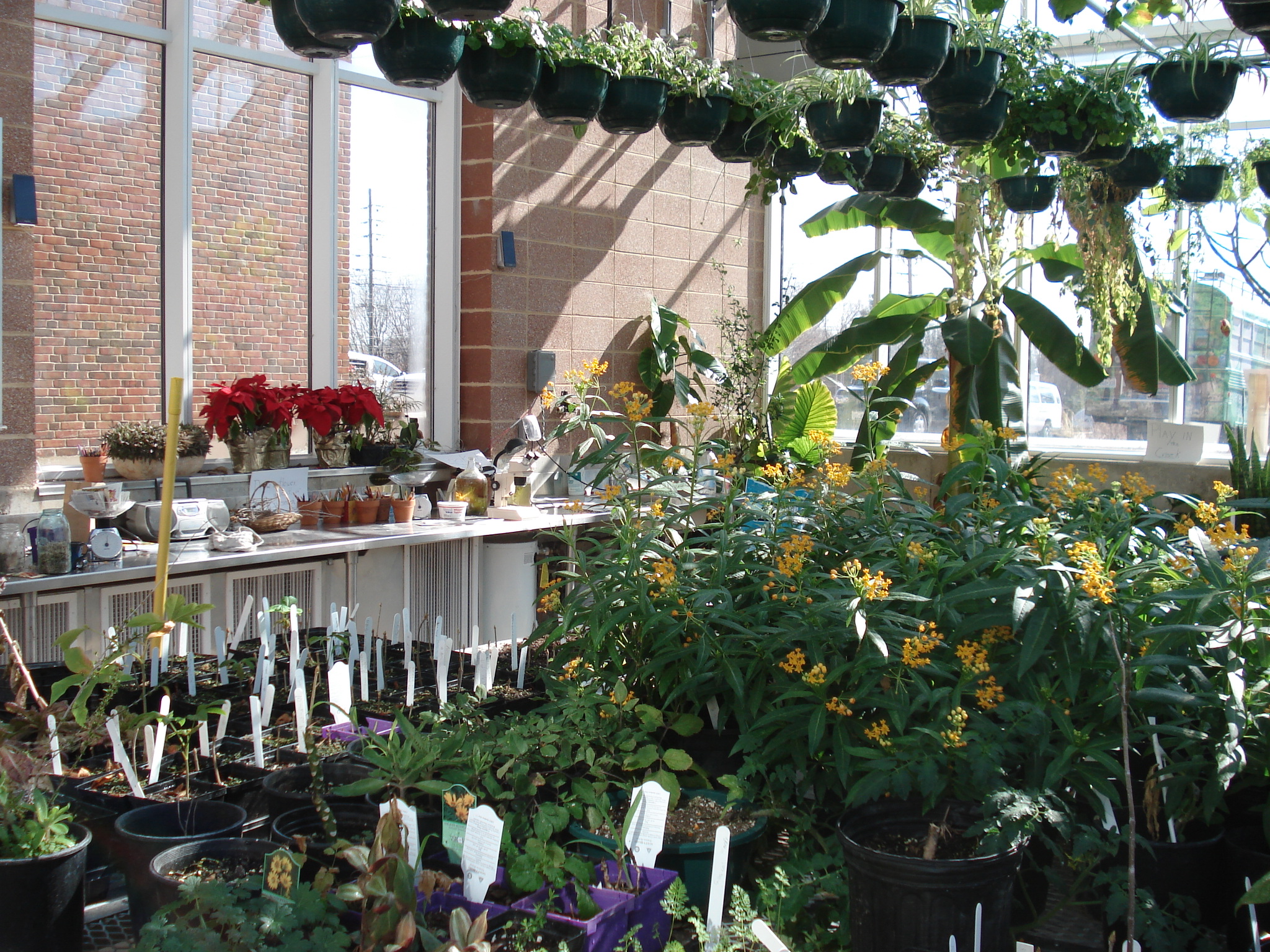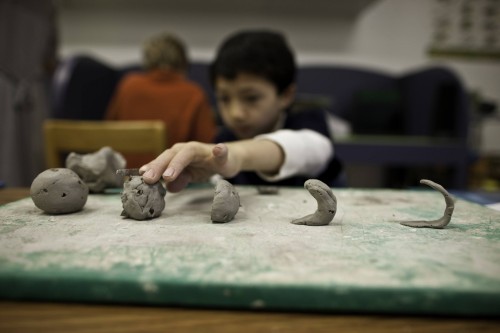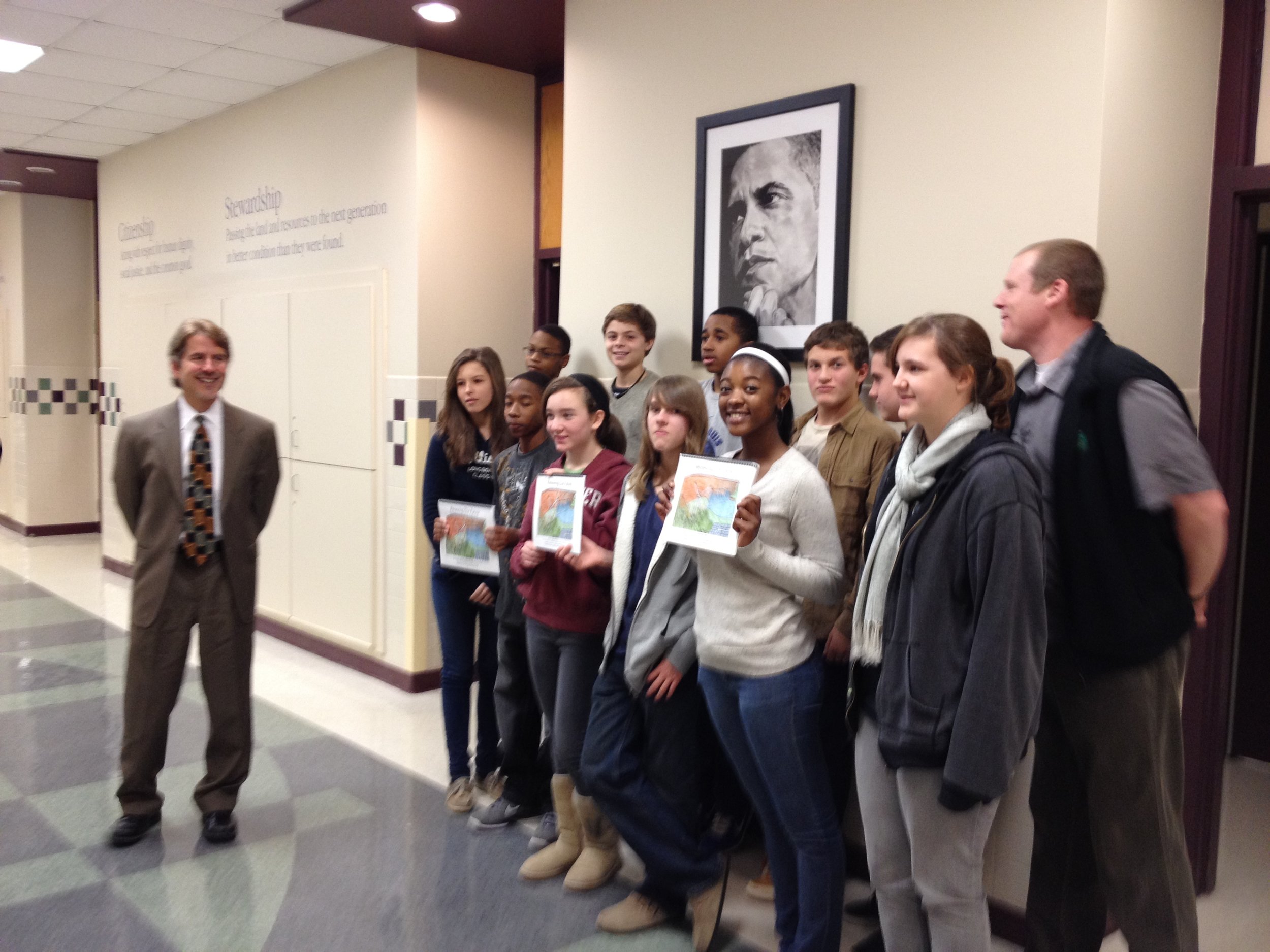The following are excerpts from an opening presentation by Louise at our recent seminar in St. Louis: Myth Busters: Challenge Assumptions and Learn for the Future.
Leading author, Ken Robinson says, "We are living in a time of revolution, we have important work to do and we are eager to be a part of it."
The revolution goes beyond school. In fact it is global, cultural, broad and deep. It is a revolution in thinking and action about how we live, learn and act in the world and it has its own trajectory in schools.
The global revolution is born out of an awakening that we are all responsible to learn and lead together in creating a just, sustainable and vibrant future, now.
The revolution also grows from sense that we are called to nurture the human spirit, to value beauty and the natural environment and to celebrate the joy of creating together… the joy of creating and inventing the futures we imagine.
Author, David Orr writes “the crisis we face is first and foremost a crisis of mind, perceptions and values: hence, it is a challenge to those institutions presuming to shape minds, perceptions and values. It is an educational challenge.”
These are among the old myths about schools that we challenge.
These myths could also be called mental models, frames of mind, the way we have always done things….
• Independent and public schools do not collaborate
• Students don’t do real work in school
• Students are not yet citizens
• Teachers deliver curricula, students receive it
• Tests are the best measure of achievement
During our two days together during this seminar hosted by The College School and Maplewood Richmond Heights School District, we will live a new story. We are beginning two days of dynamic collaboration and professional growth together with you who represent all kinds of schools, public, independent, charter, pre-grade 12. We will engage with high achieving students doing work that matters, that has a real audience and that makes a contribution to the world. We will see teachers and students learning and leading together; and we will witness tremendous student growth and achievement in many domains through many lenses.
The kind of learning that we will both witness and engage in has its foundation in of all the best thinking and practice in experiential, constructivist learning since John Dewey, or for that matter, Socrates who is probably one of the earliest constructivists.
Both Socrates and Dewey appreciated the complex process of learning and realized that the construction of understanding is the core element in this complex process. Constructivist, meaningful, purposeful, life-long learning now includes much of what are called 21st Century Skills…the skills that we all need, students and adults, to thrive and to invent a positive hopeful future.
The way I understand it is that everything that I ever believed about education has taken on the most compelling purpose there could ever be: time in school is for learning and using concepts and skills that will serve us, serve others and serve the planet in creating a positive, hopeful, vibrant future.
Twenty-first Century Skills can inspire and transform our views and the curricula that we teach. Myth Busting is compelling: take a stand; join the revolution; create schools where young people and adults live these ideals, and learn for the future together every day.



